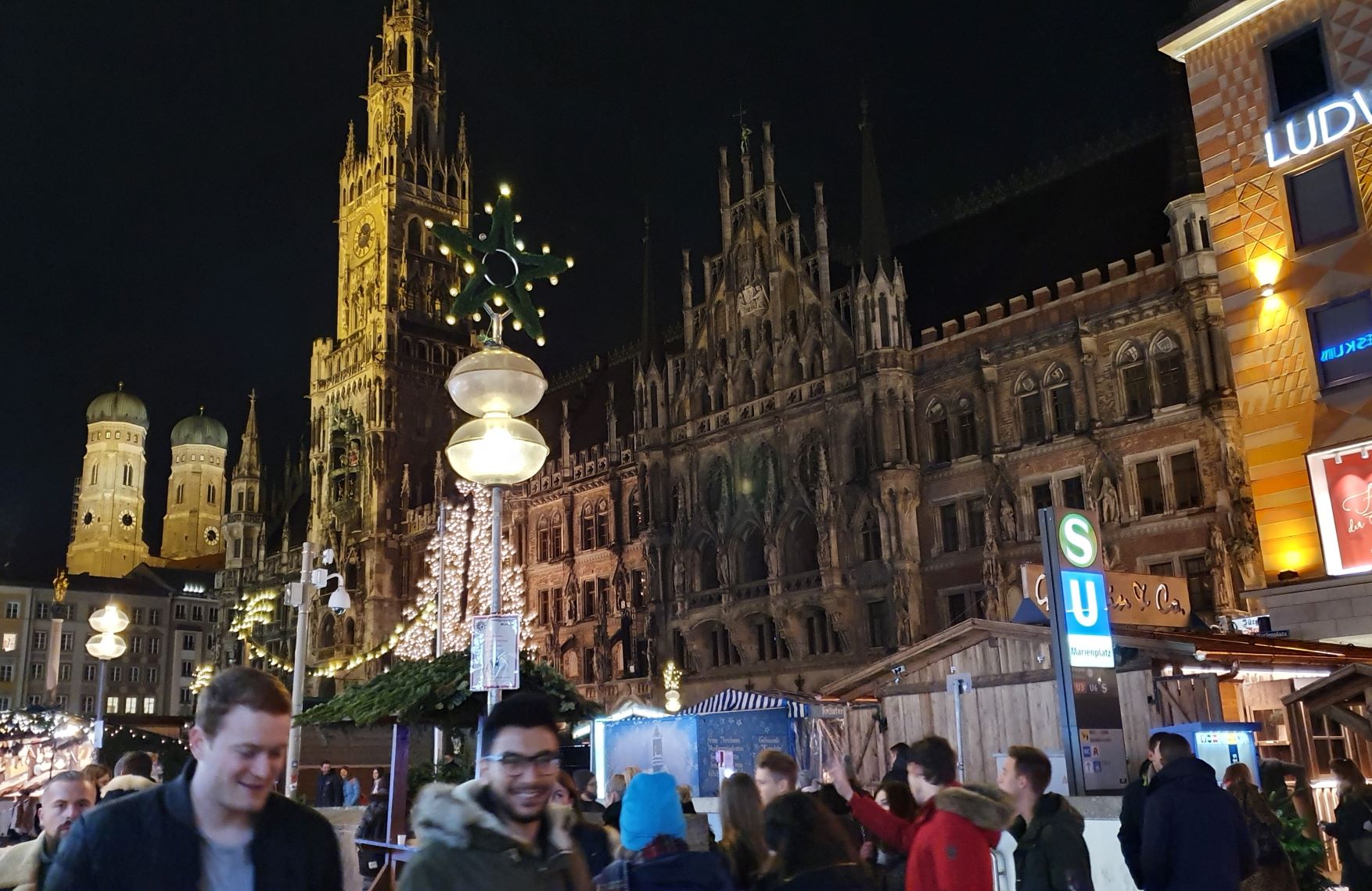Highly Popular German Christmas Markets Cancelled due to Coronavirus:
 As Germany is facing its fourth wave of the Coronavirus, many of the popular Christmas markets have just been cancelled and there’s a possibility that others could also be affected.
As Germany is facing its fourth wave of the Coronavirus, many of the popular Christmas markets have just been cancelled and there’s a possibility that others could also be affected. Bavaria: Due to the soaring Covid infections, the State of Bavaria has already decided on a state-wide cancellation of their Christmas markets. Bavaria is home to very famous and popular Christmas markets including the Munich Christkindlmarkt, Nuremberg Christkindlmarkt, Augsburg, Passau, Regensburg, etc. Sadly, they have all been cancelled.
Bavaria: Due to the soaring Covid infections, the State of Bavaria has already decided on a state-wide cancellation of their Christmas markets. Bavaria is home to very famous and popular Christmas markets including the Munich Christkindlmarkt, Nuremberg Christkindlmarkt, Augsburg, Passau, Regensburg, etc. Sadly, they have all been cancelled.

Saxony: The State of Saxony also has serious Coronavirus infection levels and all Christmas markets have been cancelled, including the famous Dresden Striezelmarkt. When seven-day Coronavirus incidence rates reach 1,000 cases per 100,000 people this is a trigger for lockdowns and a couple of districts in Saxony have already reached this rate.

More Market Closures
Stuttgart: On November 22, it was announced that the Stuttgart Christmas Markets would be closed. With the closure of the large Baroque Christmas Market in Ludwigsburg and Esslingen Medieval Christmas Market, Stuttgart City Mayor decided to close due to fear of people flooding to the Stuttgart Markets.
Brandenburg: On November 23, Brandenburg Christmas markets will close.
Heart-breaking to see
Christmas markets are one of the most famous and loved German holiday traditions. It’s heart-breaking to see images of the vendors taking down their decorations and stalls after so much anticipation and preparation for this year’s markets. For many of the stallholders the Christmas market trade is a very important source of income and this is the second year that they have had to forego this.
If you have already made your plans
- If you’re set on visiting Germany at Christmas, there are Christmas markets that are operating – just check on which ones before you leave.
- If you’re not from the EU or Schengen area, it’s wise to confirm your entry requirements. Germany is moving from the 3G to the 2G rule, which means that you must show proof of having been vaccinated or have recovered from Covid in the last six months. If the situation worsens, vaccinated people may also have to take a Covid test. Unvaccinated people are excluded from many public places.
Mask Requirements
It’s important to note that only masks that fulfil the requirements of an FFP2 or a KN95/N95 are permitted for use in Germany. Regular masks, especially cloth masks, don’t cut it. Most chemists these days would have supplies of these masks. Or you can always head to a nearby Apotheke (pharmacies in Germany) to grab more if you run out of masks for use during your stay.

 Take Better Digital Photos eBook
Take Better Digital Photos eBook Guerrilla Travel Photography eBook
Guerrilla Travel Photography eBook
Leave a Reply